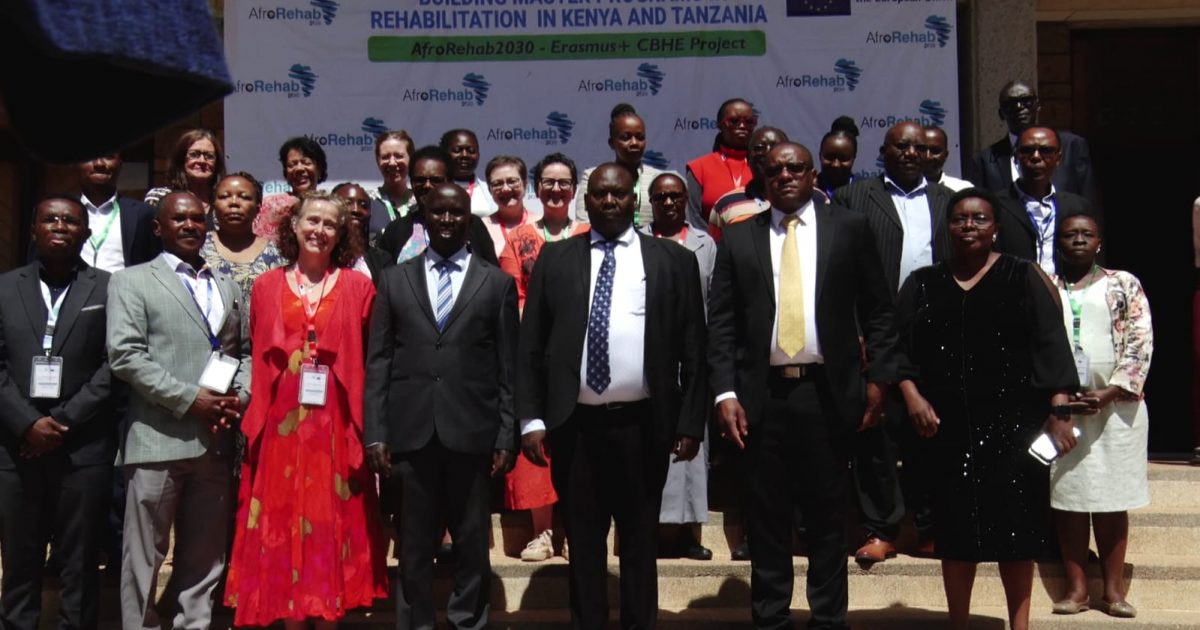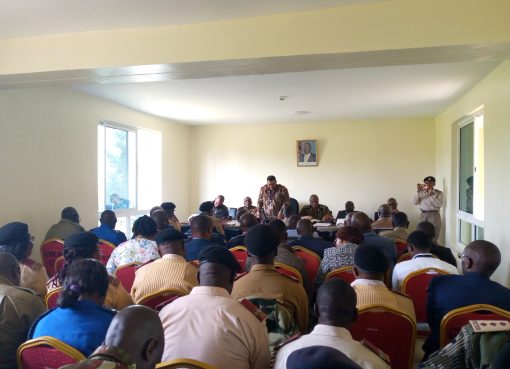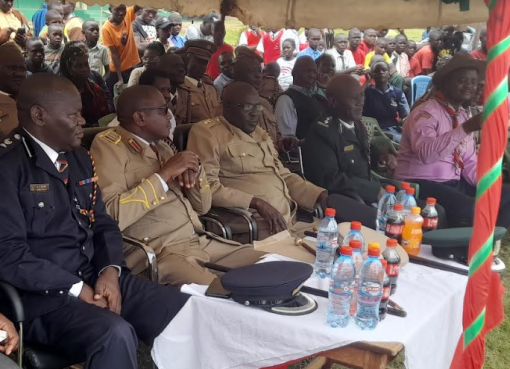The Jomo Kenyatta University of Science and Technology (JKUAT) plans to introduce a Master’s Degree Programme in Rehabilitation Science to train specialists on providing support services to those abled differently.
The programme seeks to address the growing demand of specialists in physical therapy, speech therapy, and pathology, among other fields.
According to Dr. Mwangi Matheri, the Head of Rehabilitation Sciences Department at JKUAT, the programme will help address the growing concerns of shortages of rehabilitation professionals and trainers in the country, coming at a time when the number of persons with some form of disability continues to rise.
He said they are pushing to have the program integrated into the Higher Education curricula to secure sustainable training of qualified experts in physiotherapy, occupational and speech therapy, as well as pathology.
Dr. Matheri noted that the program will commence in September 2026, creating several opportunities for graduates to work in universities as trainers, Rehabilitation officers as well as self-producing professional rehabilitators.
“The programme has come at a time when there was a double burden of infectious and non-communicable chronic health conditions in Sub-Saharan Africa, with over 210 million people being affected. Currently, the number of specialists in this field is low,” said Dr. Matheri.
His sentiments were echoed by Prof. Graziella Van den Bergh, AfroRehab project leader, who said they are working closely with several African countries to have the programme introduced in their universities.
“Through our collaboration with African countries, we have established the need to capacity-build and create more professionals in this field,” she said.
Prof. Van de Bergh encouraged students to enrol in this program to grow academically, enhance their careers, and help the many people suffering from disability the world over.
On her part, Dr. Naomi Wanjiru, a lecturer from Moi University, said the programme will bring the services closer to the people, noting that currently most of them travel to universities to seek the services from experts, which is costly and time-consuming.
Besides, she added that those interested in pursuing the course are forced to look for training and education outside the country.
The program is a collaboration between four African universities and two European Universities from Norway and Finland.
By Geoffrey Muturi and Muoki Charles





